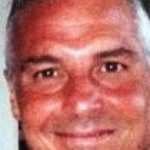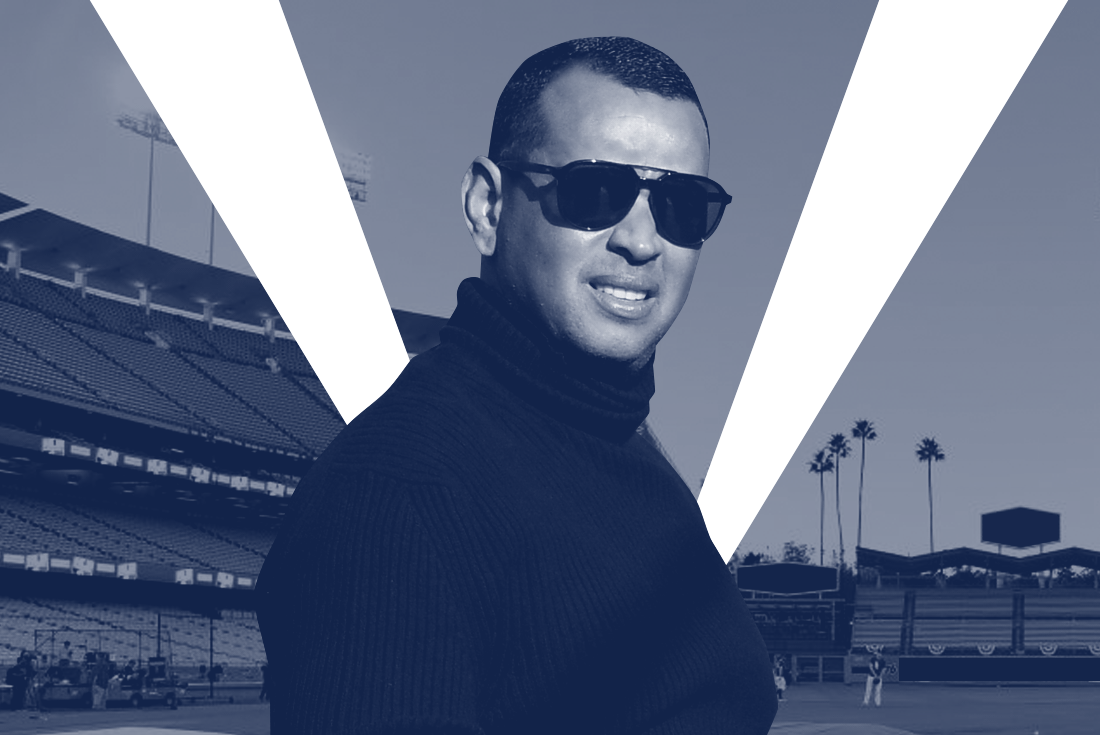
It was November of 2013. The baseball season had been over for a month but, for Alex Rodriguez, the drama was only beginning.
The Yankees third baseman had been implicated in the Biogenesis scandal, found guilty of taking performance enhancing drugs—again!—without having officially failed a drug test. He was whacked with an unprecedented 211-game suspension by then commissioner Bud Selig.
For A-Rod, who was born in New York City but grew up in Miami, there was only one sane thing to do: head to South Florida, where the climate would presumably be warmer toward him.
“I wanted him to go to a place where people wouldn’t be as angry,” recalls Ron Berkowitz, who had signed on as Rodriguez’s publicist earlier that year and quickly became a friend and confidant.
That weekend, the two decided to travel north to Tallahassee, for a football game between Rodriguez’ beloved Miami Hurricanes and the archrival Florida State Seminoles. A-Rod, being A-Rod, chose to attend the game in full ’Canes regalia. And of course, to spend some time pre-game among hard-drinking ’Noles fans in a bar across from Doak Campbell Stadium.
“All of a sudden this kid starts walking over to us,’’ Berkowitz says. “He’s wearing a Florida State jersey and a Red Sox hat. I mean, our two biggest enemies, so to speak. I’m thinking, ‘Oh, fuck me, dude. This is going to be a fucking disaster.’ It was like the culmination of how bad all this was going to be.”
Somehow, the kid made his way to Rodriguez’s table, and got right into A-Rod’s face. And his speech did not start out promisingly. “I hate the Yankees and I hate the ’Canes,’’ he said, as Berkowitz, and presumably Rodriguez, inhaled and braced for the worst. “But I give you all the credit in the world for coming up here into enemy territory,’’ the kid proclaimed. “Sitting with us, hanging out and wearing a ’Canes shirt. I respect that. It’s really cool.’’
“At that moment I thought, ‘Maybe this isn’t going to be as bad as we thought,’’’ Berkowitz says. “And I think it was an eye-opener for Alex, too. I think he started to see that it was still possible for him to make good.”
But neither Rodriguez nor Berkowitz—nor Rob Manfred, who had run baseball’s prosecution of A-Rod and succeeded Selig as commissioner, nor Hal Steinbrenner, the Yankees owner who still had $64 million worth of checks to write for a player who had accused his team doctor of malpractice, nor Brian Cashman, the GM who a few months earlier admitted he was afraid to talk to his own DH for fear of getting sued—could ever have predicted how good.
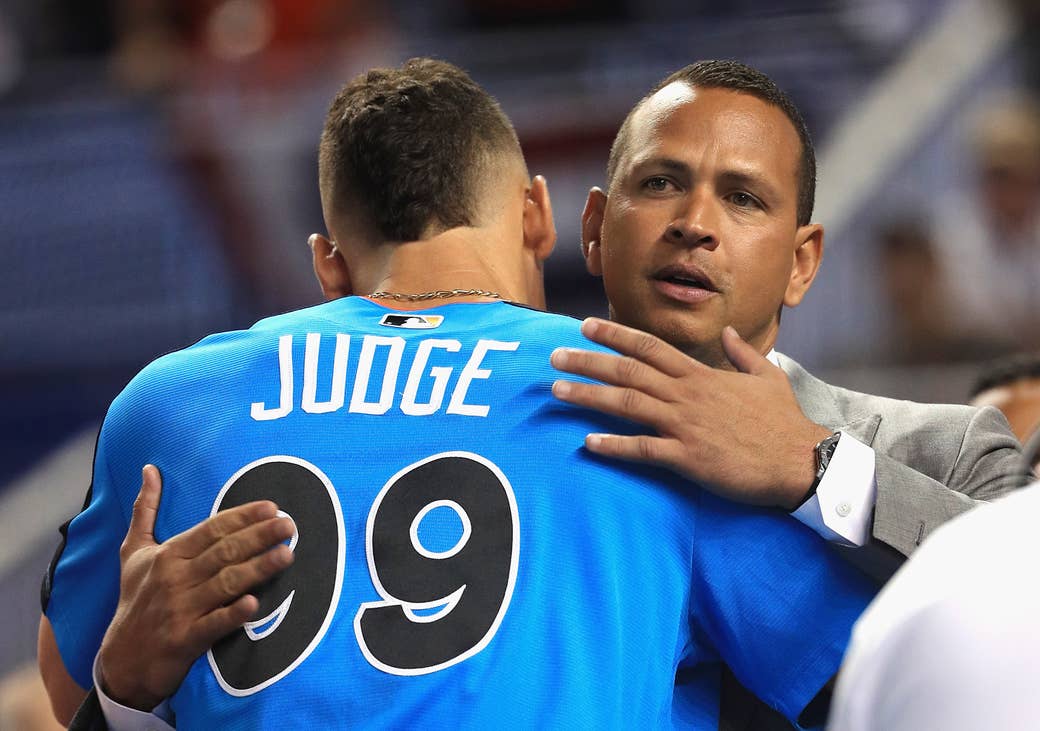
Suddenly, the world is safe for A-Rod again. And A-Rod is safe for the world.
His climb from the depths of that steroid scandal to the prestige of the SNB booth might rank among the greatest comebacks in baseball history and recent pop culture history. Even in a society that revels in redemption stories and loves to bestow second, third, even fourth chances, could anyone possibly have foreseen such a rebrand?
“Are you nuts?,’’ says Rodriguez. “I’m a pretty optimistic person but I don’t think the most optimistic person in the world could have predicted that I would have had these incredible opportunities in front of me.”
The rebuild started slowly, to be sure. There was the disappointment of the appeal of his suspension, which turned out to be 162 games—or the equivalent of the 2014 seasonand the loss of $25 million in salary.
There was the embarrassing withdrawal of his lawsuits against Major League Baseball, the Players Association, and Yankees team physician Christopher Ahmad, and the humiliation of having to apologize to Manfred and Steinbrenner in lengthy, often angry meetings in which it was made clear that some things would not be easily forgotten.
“I was very frank with [A-Rod] about how his actions had affected the organization and my family, and that I was not happy with anything that transpired,” says Steinbrenner.
“It was tough love,” Rodriguez admits.
But ultimately, there was little altruism in either Manfred’s or Steinbrenner’s decision to turn the page. In Manfred’s case, he was obligated to reinstate a player who had served his time, as A-Rod had. And Steinbrenner’s course of action was dictated, in part, by the three years left on his then-record 10-year, $275 million deal.
“Money aside, the fact was, he was coming back to play, and we were hoping he would make an impact,” says Steinbrenner.
"I think part of me coming back was owning everything. Not only the mistakes but the way I handled things. at the end of the day I was the quarterback and every mistake, I owned."
Nearly five years after being slapped with the stiffest penalty baseball ever imposed on a PED user and being the closest thing to a Public Enemy No. 1 the game has had in a century, Alex Rodriguez has come virtually all the way back.
Back in the good graces of Steinbrenner and the organization, for whom he now works as a special advisor. Back in the good graces of a large chunk of Yankees fans, many of whom clamored for him to get an interview for the vacant manager’s position, a job that ultimately went to Aaron Boone. And back in the good graces of the suits who decide what Americans will watch and who they will listen to on their television broadcasts.
And back, perhaps most shockingly, into the good graces of Manfred, who as MLB’s chief operating officer under commissioner Bud Selig, prosecuted A-Rod’s case with the zeal of Elliot Ness pursuing Al Capone.
Now, Manfred says, “I can’t say enough good things about Alex.”
On Thursday, March 29, Rodriguez will serve as color commentator on ESPN’s national telecast of the season opener between the San Francisco Giants and the Los Angeles Dodgers, and on April Fool’s Day—could anything be more appropriate?—Rodriguez will become the lead analyst on ESPN’s Sunday Night Baseball, MLB’s equivalent of Monday Night Football.
“America loves a comeback story, and this is a great comeback story,” says Mark Gross, Sr. VP of Sports Production for ESPN, which signed Rodriguez to a three-year deal worth a reported $3 million per year. “We’re anxious and we’re eager and we’re optimistic that this is going to evolve into something special.”
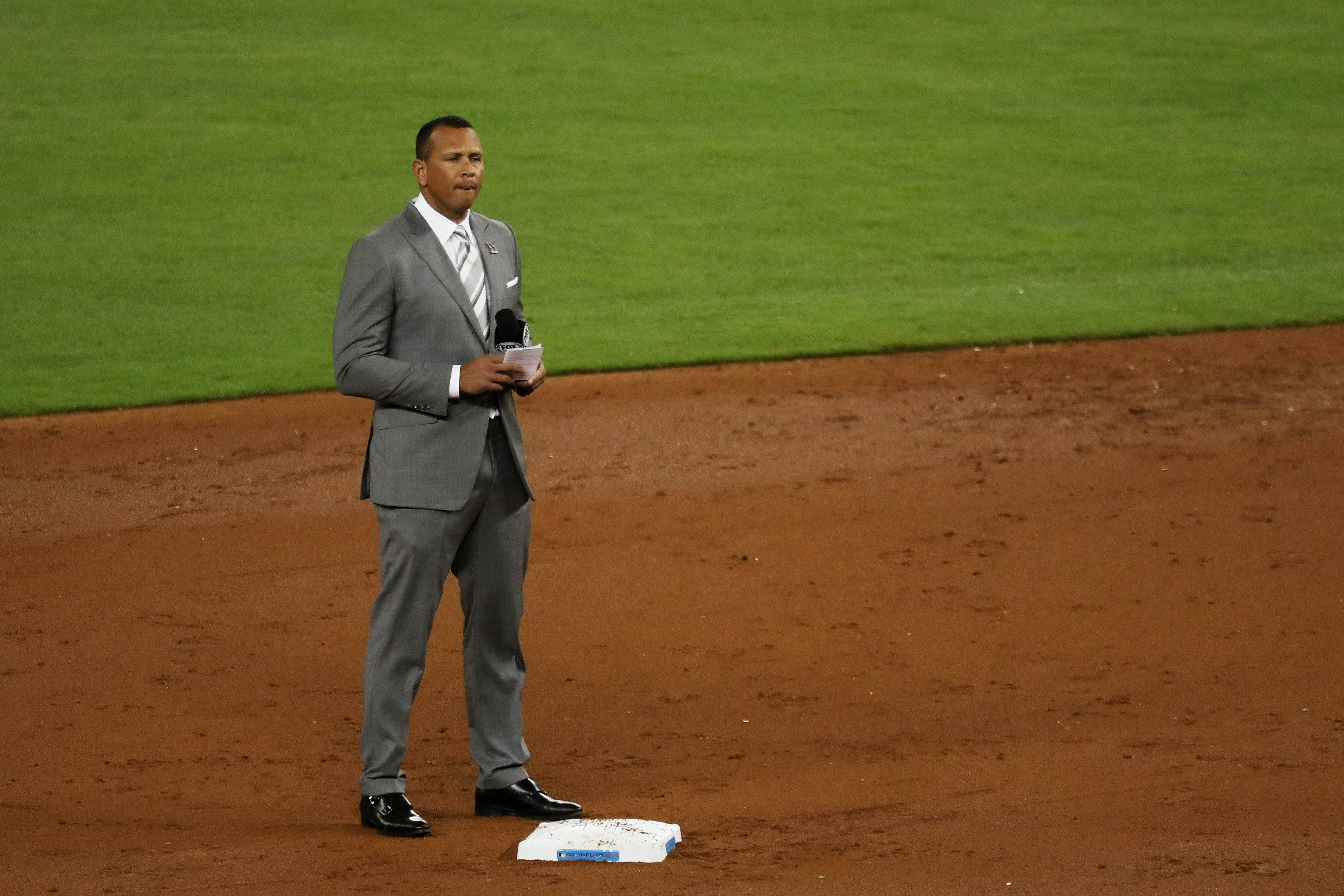
The comeback began, of course, on the field in 2015. Despite some early self-doubt—“I was 39 years old, I had two hip surgeries, two knee surgeries, I hadn’t played any formal baseball in a year, year-and-a-half, so yeah, I wasn’t sure,’’ says Rodriguez, who found Yankees fans willing to welcome him back from his first day at spring training.
“That gave me a lot of confidence and made me feel good,” he says. “I remember thinking to myself, ‘Okay, I have a chance here.’”
“When he said he didn’t know if he would make the team, this crazy fuck really thought that,’’ says one A-Rod friend who requested anonymity so as not to offend Rodriguez.
In that first season back, A-Rod hit 33 home runs, the most he had hit since 2008. In the Bronx, he wasn’t liked. He was loved. Then came a surprise move, his hiring by Fox to join its in-studio broadcast team for the 2015 postseason. Coupled with its hiring of Pete Rose, also persona non grata with Major League Baseball, the network seemed to be fielding an outlaw team constructed more for notoriety than knowledge.
“I think the audience was looking, quite frankly, to not like Alex,’’ says John Entz, a Fox Sports executive producer. “But to their surprise, they found him to be refreshing, honest, and relatable. And his preparation and knowledge are off the charts.’’
A-Rod’s hiring began paying dividends from his first appearance, when he memorably demolished a flat-screen TV monitor by “accidentally’’ overthrowing his intended receiver, the diminutive NFL analyst Jay Glazer, with a football.
“That monitor cost about $8,000,’’ Entz says. “But the marketing and publicity that came out of it was worth way more than that. So it was a big winner.”
So, too, was Rodriguez’s deep knowledge of the inner workings of the game, which was no surprise to the reporters who spoke with him on a daily basis, or friends who knew him well.
“He’s a baseball nerd, there’s no other way to put it,” says a close friend. “His ex-wife and his other girlfriends would always say that at the end of a night, all he would want to do is go home and watch the West Coast games.”
A-Rod’s success on Fox led, in succession, to appearances on Good Morning America, The View, and a recurring spot on Shark Tank.
“These weren’t baseball shows or even sports shows,’’ says Berkowitz. “You’re talking about very family-oriented, housewife, middle-American driven shows.”
"I came to understand that my attitude came from my altitude."
Rodriguez’s relationship with Jennifer Lopez, as safe and mainstream a celebrity as you can find these days, didn’t hurt either.
“I think Jennifer took him to another level of people,’’ Berkowitz says. “She’s very brand and image-conscious, for sure.’’
Rodriguez’s hiring by Disney-owned ESPN, the epitome of image-conscious sports TV, is the culmination of that remarkable rehabilitation process.
And once again, it’s a gamble, because aside from three games for Fox last season, Rodriguez has never done in-game commentary. A man who relies on preparation (and often, pre-written lines, often scripted for him either by Berkowitz or, in his playing days, by Yankees publicist Jason Zillo), A-Rod will now be called upon to react to game situations in real time, to share a booth with another analyst (Jessica Mendoza) and, if necessary, to criticize players he may have once been teammates with. “It’s going to be challenging and certainly different,” he says.
Asked if he could be critical, Rodriguez says, “I don’t think I can be as critical as you, or at least as critical as you were of me. I think there’s a way to be critical and still be constructive. And I think my responsibility is to really lay out to the audience how difficult a play may or may not be. I’m not going to go out there and blast a guy.”
Another potential stumbling block is the chance that Rodriguez will be called upon to comment on a player who has tested positive for PEDs, forcing him to confront an issue that he prefers to deflect, or not talk about at all.
“The issue came up briefly when we met in Los Angeles a few weeks ago,” Gross says. “It’s going to happen at some point, someone is going to get suspended, and he knows he will need to address it because that’s what fans expect. And I think he won’t shy away from it. He won’t shirk his responsibility. He realizes and we realize the need to address it.”
Manfred says that while the MLB does not have approval rights on announcers, “We have sort of informal conversations with our partners about what they’re doing.”
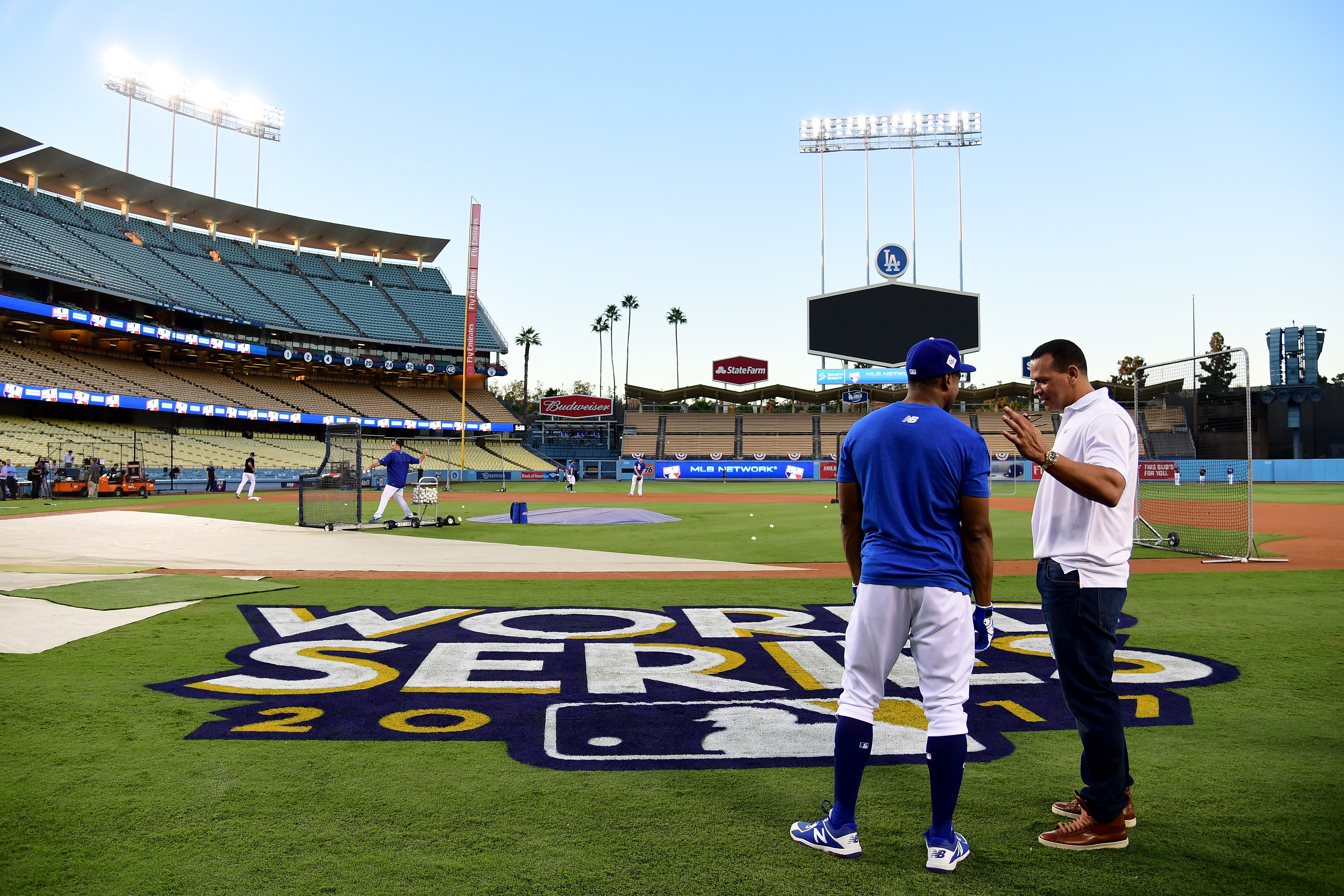
The groundwork for the rapprochement between A-Rod and the MLB was laid when Rodriguez decided to drop his appeal of the suspension in federal court and asked Manfred for a meeting in January 2014.
“Alex wanted to put the guns down,’’ says a friend who was involved in the appeal.
“Honestly, I think it was sort of a turning point,’’ Manfred says. “Shortly after that call, he decided to drop the litigation.’’
“I think we would have won the appeal in federal court, but he just got tired of the fight,’’ says Joe Tacopina, the lawyer who directed A-Rod’s appeal before MLB arbitrator Frederic Horowitz. “To Alex’s credit, he decided for his mental state and professionally, that it was time to put it behind him and to make amends. And it worked. It was a genius plan.’’ Perhaps tougher was letting go of the animosity towards Manfred, who, as Selig’s top lieutenant, was hyper-aggressive towards Rodriguez during the prosecution.
But A-Rod now says, “Those were my issues, not anyone else’s. I own all my mistakes.’’
According to friends, Rodriguez could live with the loss of a season and the loss of the money. What he could not abide was a permanent banishment from the game that was essentially his life.
“My entire life I was looking up to trying to get to Yankee Stadium, or just to the major leagues,’’ says Rodriguez. “And suddenly that dream was gone. So what I figured out that year was I needed to kind of rebuild my house. I realized I needed to tear the entire house down and start all over again, one brick at a time. In a weird way, the one-year suspension gave me enough time to do that.’’
What A-Rod says he came up with, it this: “I came to understand that my attitude came from my altitude.”
What he means by that is for the first 37 or so years of his life, Rodriguez sat too high above the rest of us to consider anything as demeaning as humility or as difficult as introspection or as unthinkable as having to start all over again.
This is a man who, upon entering the spring training clubhouse for the first nine years of his Yankee career, would stare at the ceiling, whistling some made-up tune, while striding past the horde of baseball writers waiting to speak with him, many of whom he had known for years.
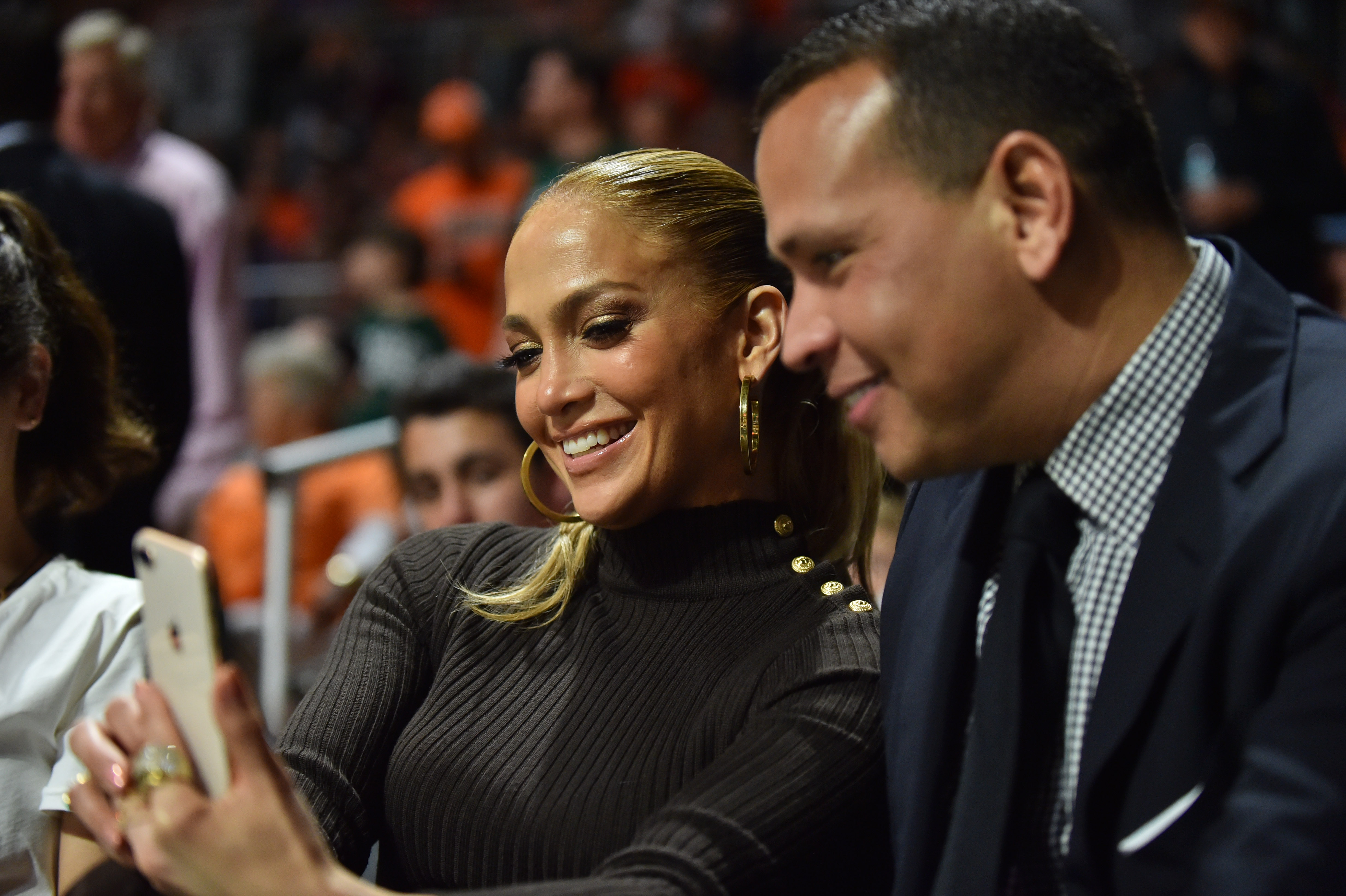
But after the acrimonious appeal process, the outlay of thousands of dollars in legal feel, and the ultimate humiliation of having to withdraw the lawsuits, it was a humbled Rodriguez who returned to Yankees camp in 2015. Now, he either stared at the floor. Or, uncharacteristically, looked his questioners in the eye.
“He was in a dark place,’’ says Berkowitz, “and I think he came to realize the only way to get out of it was to start doing things differently.”
“Without a question, the lows were as low as it gets,” says Rodriguez. “It was a really, really tough time. But it gave me the opportunity to kind of press the reset button and reevaluate things. I needed a paradigm shift. And it took me that entire year basically to get myself into the position physically and mentally to change my attitude and to understand while I didn’t have any guarantees of making the team, or how many homeruns I was going to hit, or any of that stuff, I could certainly control my attitude. And I think I did that.”
Forget, for the moment, the cliché of the “reset button,” of the essential meaninglessness of a term like “paradigm shift.” A-Rod is a man who loves slogans and catchphrases—“He’s a very scripted person,” a friend of his says anonymously—even if sometimes he can’t explain precisely what they mean.
But take it from someone who covered all of his 12 seasons as a Yankee as well as that tumultuous suspension year, he was a different person.
The post-suspension A-Rod was not only more engaging, but somehow, more human. His regret at having blown virtually everything—a season, his shot at Cooperstown, and whatever was left of his reputation—was obvious, and his insecurities, which always bubbled close to the surface, were now on display for all to see. And it was tough for longtime A-Rod observers, this one included, to determine whether their really was a New Alex or just the latest incarnation of a cynical, chameleon-like opportunist.
"I'm a pretty optimistic person but I don't think the most optimistic person in the world could have predicted that I would have had these incredible opportunities in front of me."
“Are you a little skeptical at that point given everything that had happened?,’’ says Steinbrenner. “Yeah, that would probably be natural.’’
“Being a skeptic myself, I would have been thinking, ‘Okay, how long is this going to last?’’’ says Rodriguez. “One month? Two months? Once he hits five home runs, he’ll go back to the way he was.’’
But he didn’t, not even when the Yankees unceremoniously forced him into retirement in August 2016, under the guise of it being a mutual decision. Rodriguez was not happy about it, nor about being benched for most of his final week of his playing career by Joe Girardi. Publicly, he kept those feelings to himself while occasionally venting privately to trusted teammates and even reporters.
“I found it so much more refreshing not to fight the current, just go with the flow,’’ he says. “I think part of me coming back was owning everything, owning every mistake. Not only the mistakes but the way I handled things. I know I hired a lot of people but at the end of the day I was the quarterback and every mistake, I owned.”
Meanwhile, Steinbrenner—who was on the hook for the remainder of Rodriguez’s 2016 salary as well as another $21 million for 2017—began looking for other ways to get a return on his investment.
“The first time I ever saw A-Rod in action and realized he could contribute here in another role, was in the Instructional League after the 2016 season,” says Steinbrenner. “He came for a few days, and watching the impact he had on our young guys, particularly the shortstops, was a sign of things to come. He has an ability to relate to younger players. They know him, they look up to him. I realized, there’s a job to be had there.”
Last season, Rodriguez, with Lopez, had lunch with Yankees catcher Gary Sanchez and was credited by many in the organization with pulling the young slugger out of a second-half tailspin. After Rodriguez’s Yankee contract expired at the end of 2017, Steinbrenner re-hired him as a “special advisor.”
“I think he can be of real value as a consultant,” says Steinbrenner. “Given his baseball knowledge, the way he relates to people and players at this point of his life, I think he’d absolutely be a candidate to be a manager.”
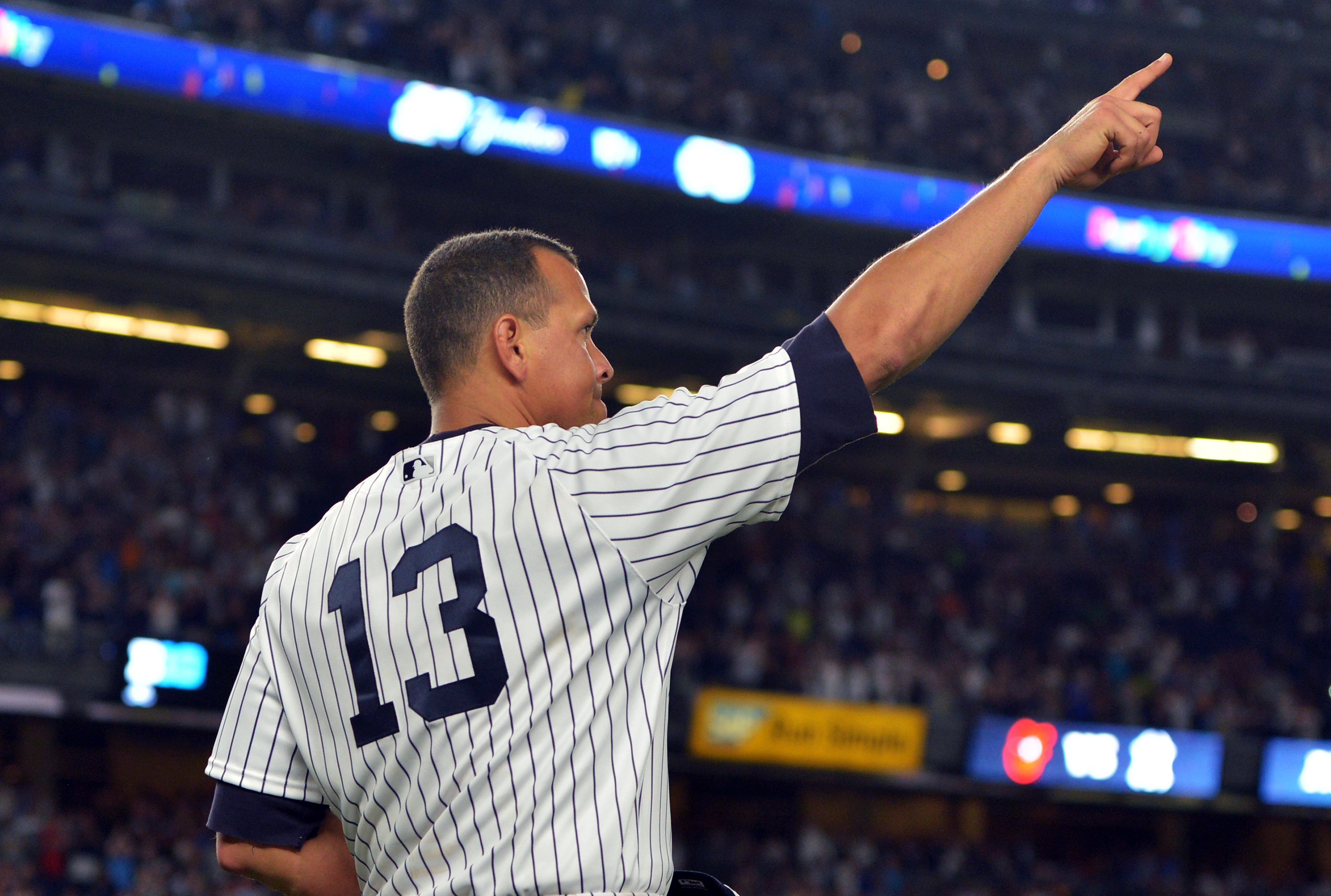
Steinbrenner, of course, hired Boone to succeed Girardi. But since A-Rod has now replaced Boone twice, would it be wise to rule it out happening a third time?
For now, Rodriguez says he will content himself with working 30 Sundays for ESPN and the entire month of October for Fox.
“I’m trying to find the right balance between work and family and all of that,” he says.
It’s corny and maybe apocryphal, but Rodriguez credits New England Patriots owner Robert Kraft with giving him a piece of advice in the winter of 2014 that he says helped him get through his exile: “Alex, you need to stop burning bridges and start building bridges.’’
“I literally went home that night and wrote it down,’’ he says. “I still have that piece of paper. And I ran into him at the Super Bowl this year and I told him that story. He thought it was pretty cool.’’
Being Alex Rodriguez hasn’t been “cool’’ for a very long time. But for the first time in years, A-Rod is something else again: Hot.
And as Berkowitz pointed out, “The end of his story hasn’t been written yet.’’
It’s been a pretty good one so far, crammed with plot twists, turns of fate, rising and falling fortunes and a large dollop of self-destruction. And he’s still only 42 years old. We can’t wait to read the rest of it.
